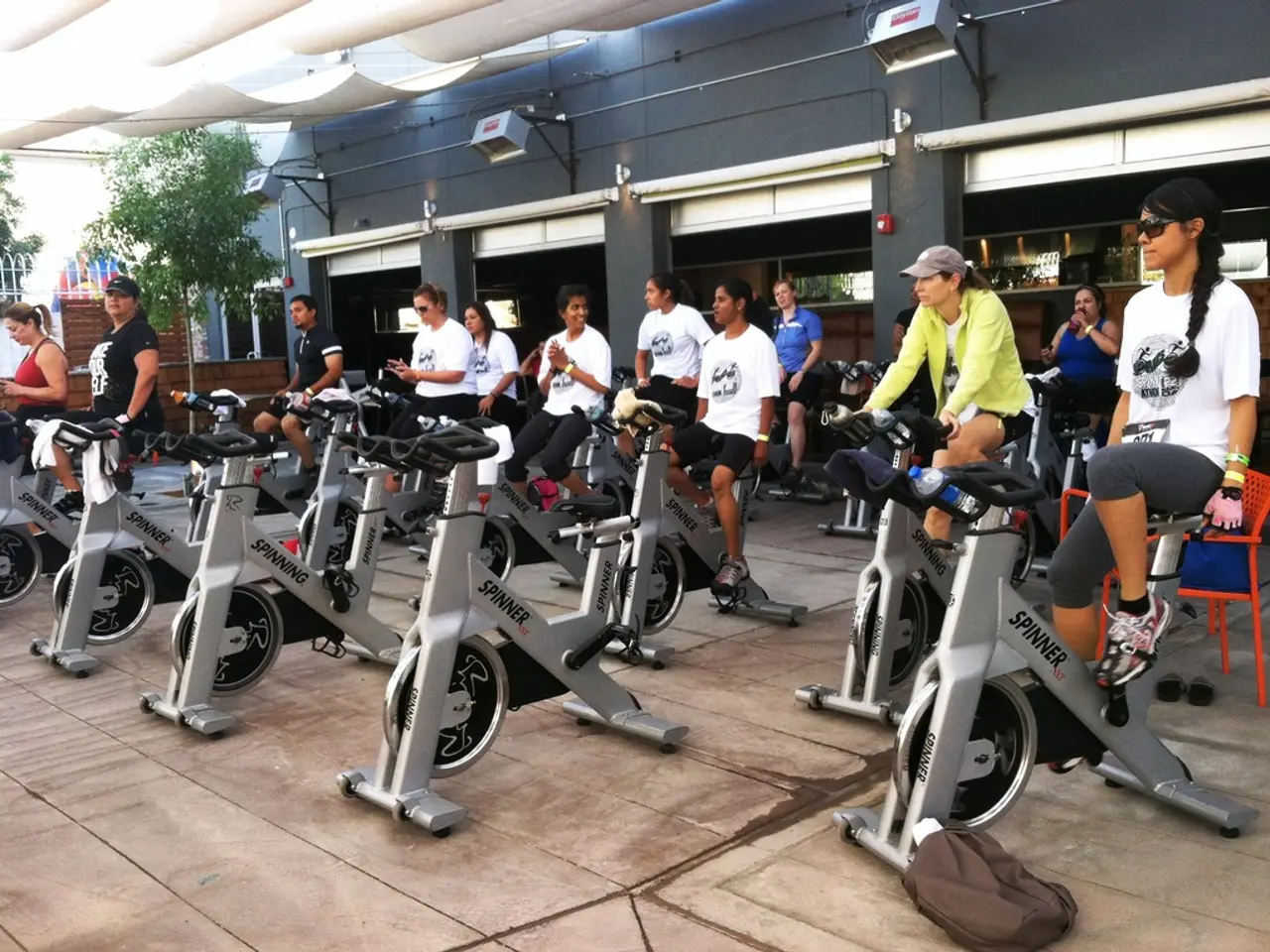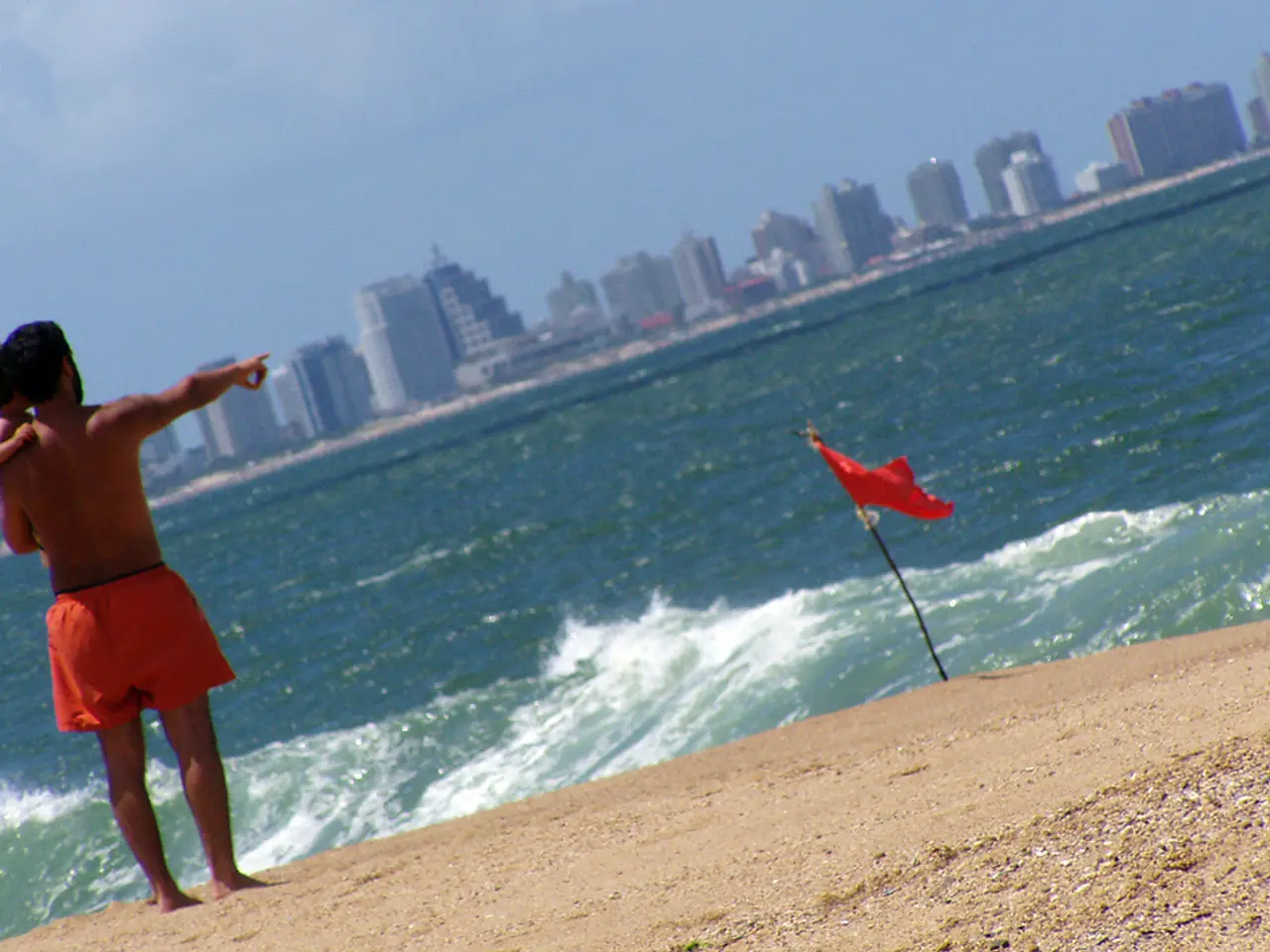Workers rejoice as employers express dismay over reduced summer work hours in Russia.
29 May, 12:35 PM
Early Dismissal Allowed in Nizhny Novgorod Due to Extreme Heat
Averaging unprecedented temperatures, Russia experiences increasingly severe heatwaves, prompting authorities to take action. In the Nizhny Novgorod region, employers are now permitted to shorten work hours during extreme weather, as detailed on Rospotrebnadzor's official website.
Adjusted Workday Length Based on Temperature
The new guideline dictates that, when temperatures reach +28.5°C, the workday can be reduced by one hour. If temperatures climb above +29°C, the workday shortens by two hours, while at +30.5°C and higher, employees may leave up to four hours earlier, potentially transforming an eight-hour workday into a four-hour shift.
Health Risks Associated with Abnormal Heat and Rospotrebnadzor's Response
Experts emphasize that extreme heat not only causes discomfort but poses a real threat to workers' health. In high temperatures, productivity decreases significantly, and the risk of fainting and chronic diseases escalates. Workers in the service sector, transportation, and production are particularly susceptible.
Rospotrebnadzor advises employers to pay close attention to the conditions of workplaces, ensure sufficient hydration, offer regular breaks, and adjust schedules when possible to work during cooler hours.
Protective Measures Against Heat at Work: Expert Advice
- Drink plenty of clean water, avoiding sugary and fizzy beverages.
- Take brief rests in shaded or well-ventilated areas.
- Wear light, breathable, and natural fabric clothing.
- Use appropriate head protection for outdoor work.
- Immediately inform your supervisor if you feel unwell.
Additional Context
Rospotrebnadzor is the body responsible for establishing workplace health and safety guidelines, including those pertaining to weather conditions. As the heatwave intensifies, Rospotrebnadzor may offer further guidelines for workers' protection in extreme heatwaves. For the most up-to-date information, consult Rospotrebnadzor's official publications or contact them directly.
In the context of extreme heat, science plays a crucial role in understanding the effects on human health and workplace-wellness. To mitigate the risks, employers should adopt health-and-wellness measures, such as providing fitness-and-exercise incentives like access to gym facilities or encouraging regular breaks for hydration and rest during work hours.







